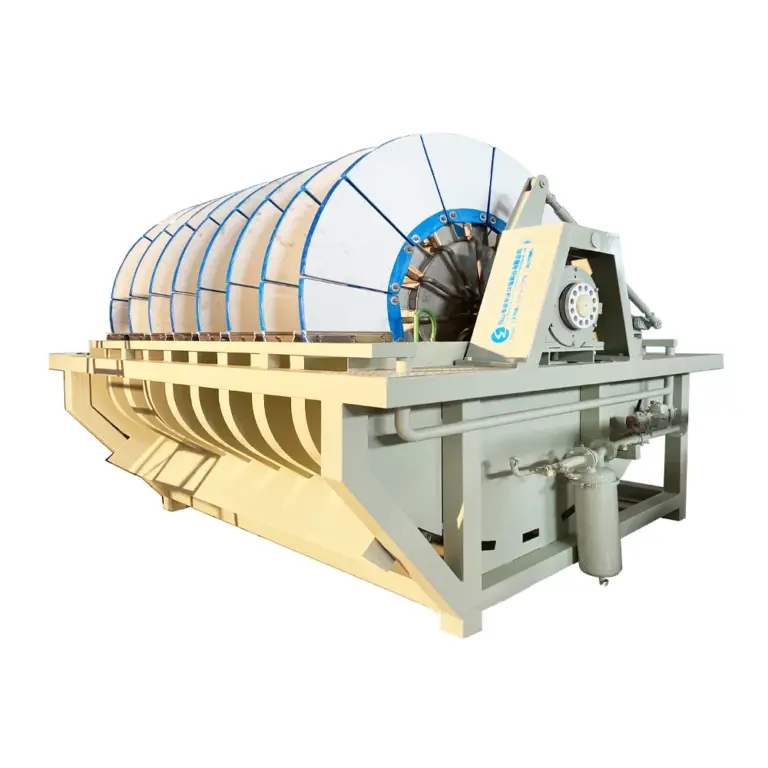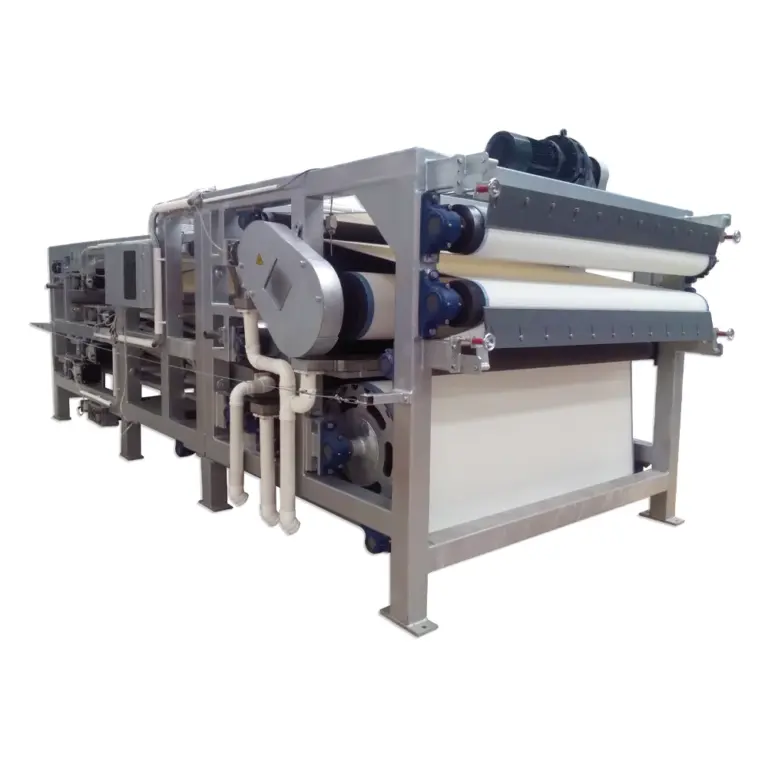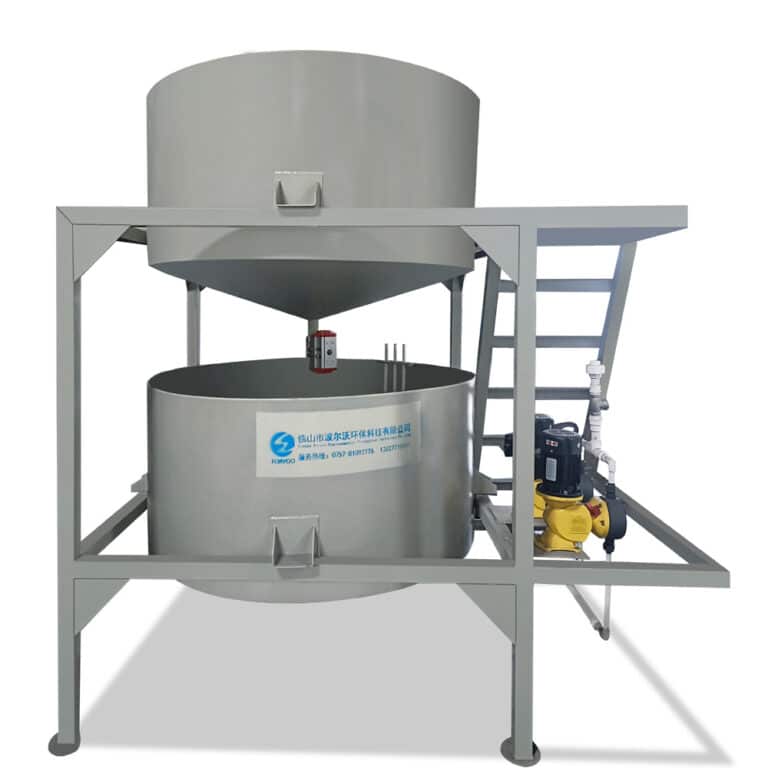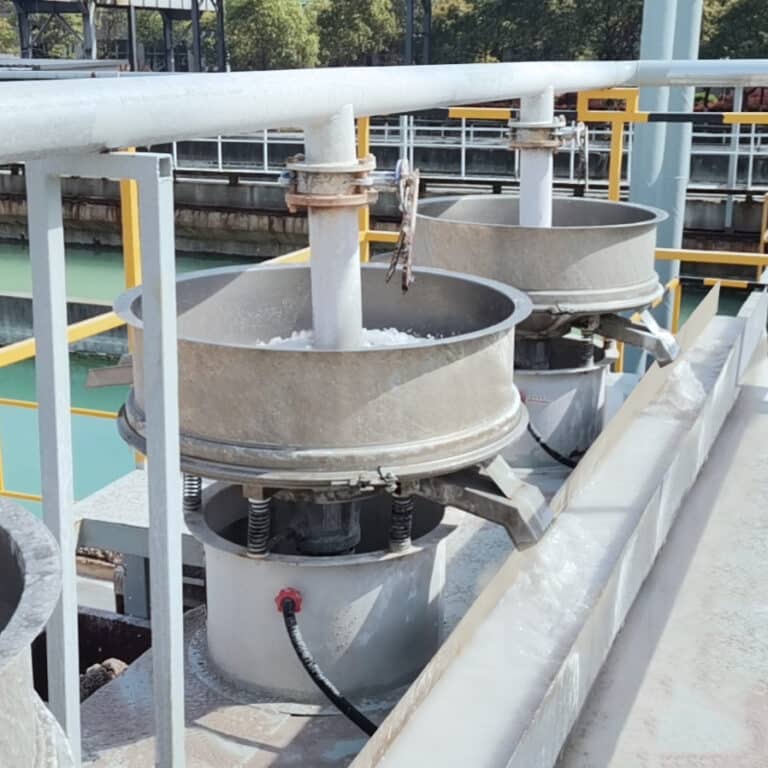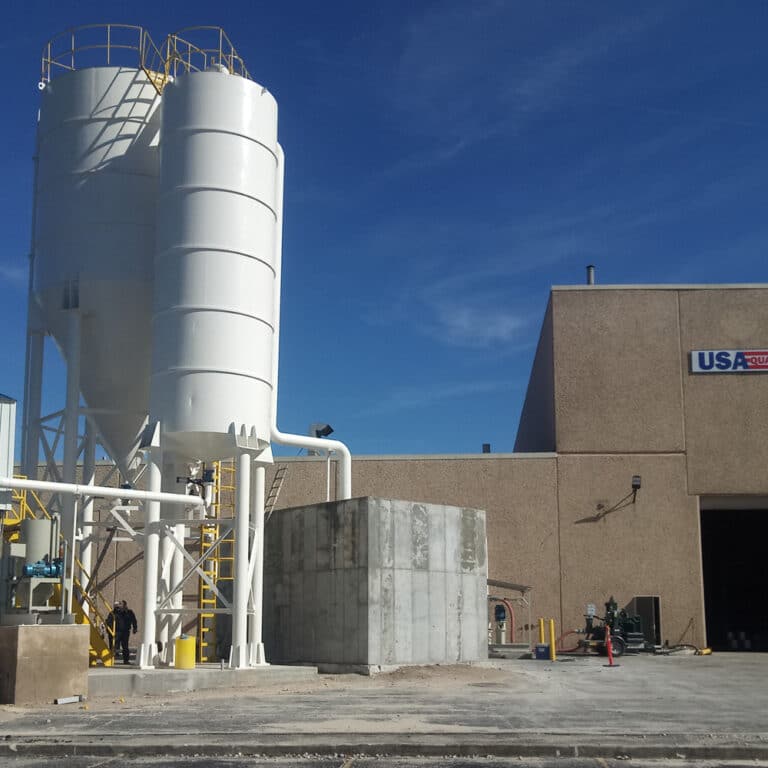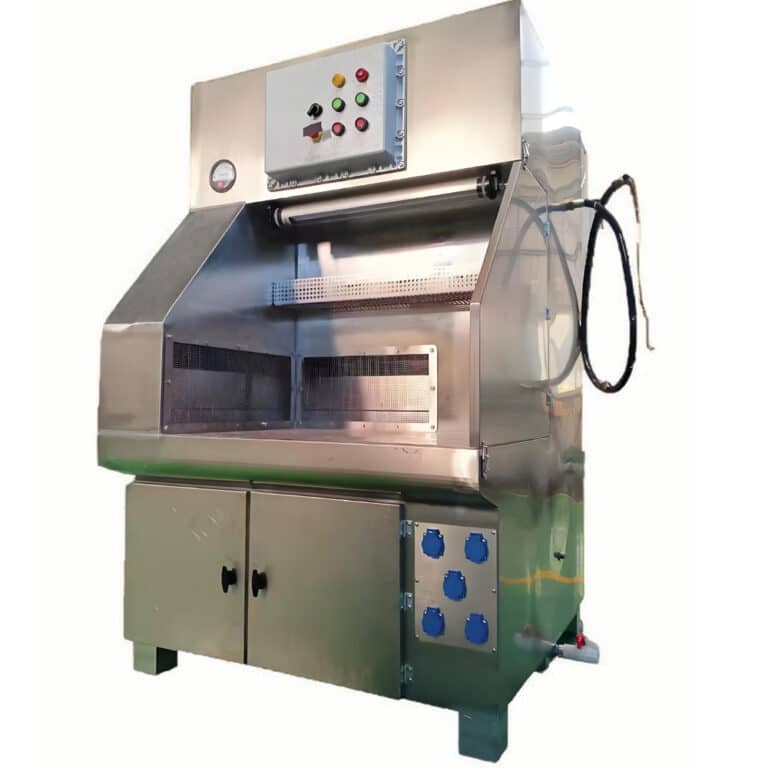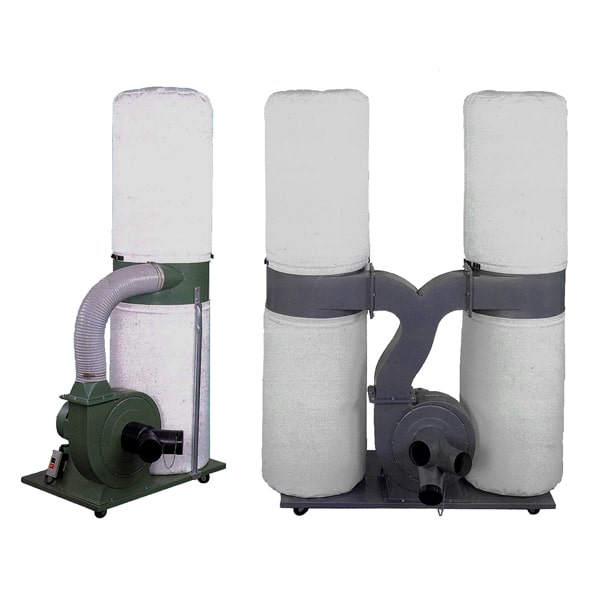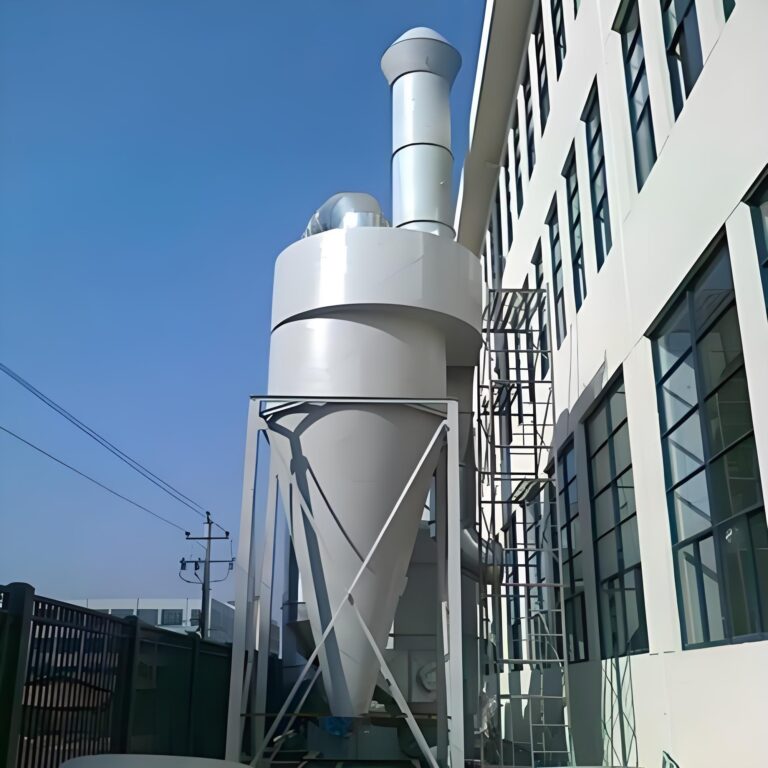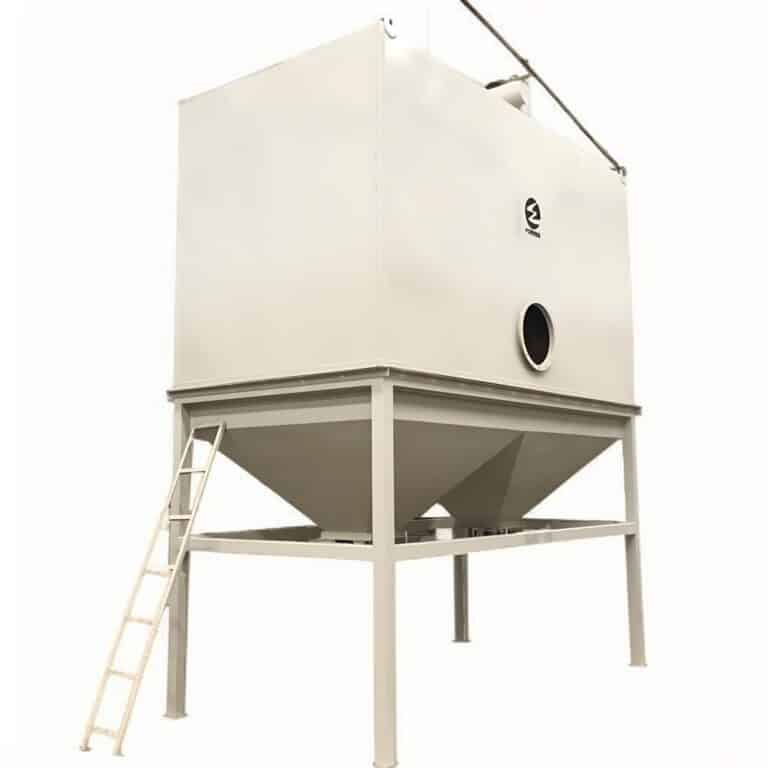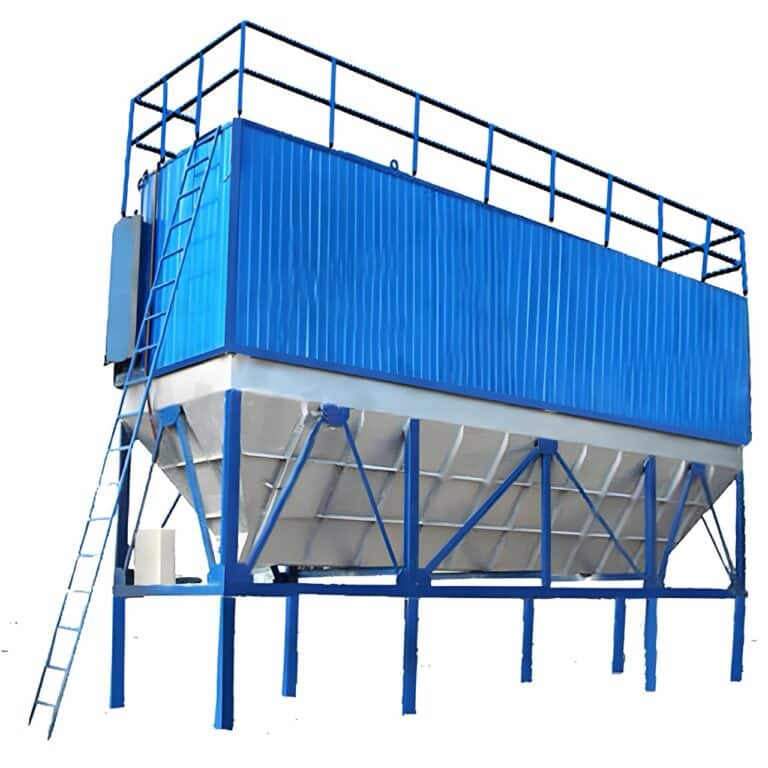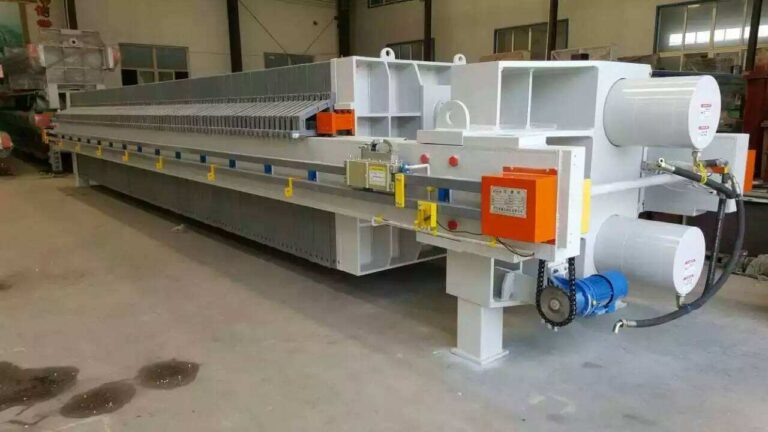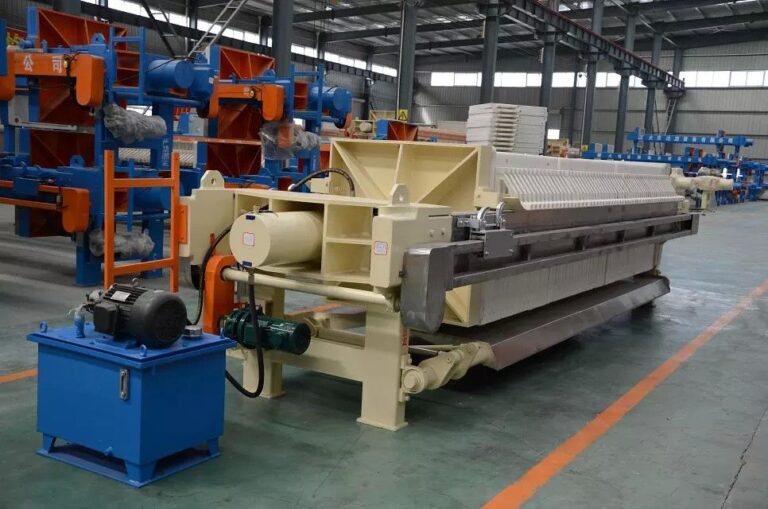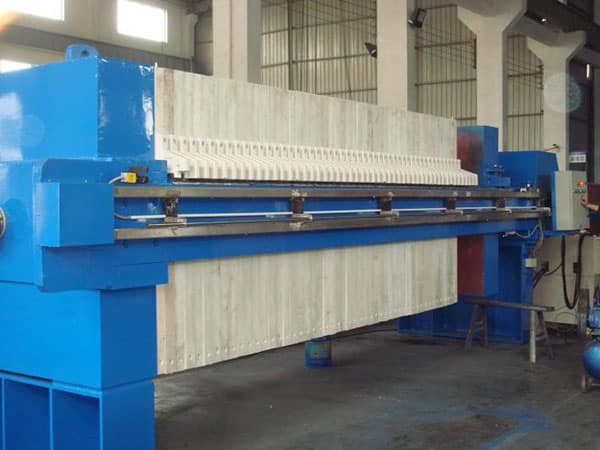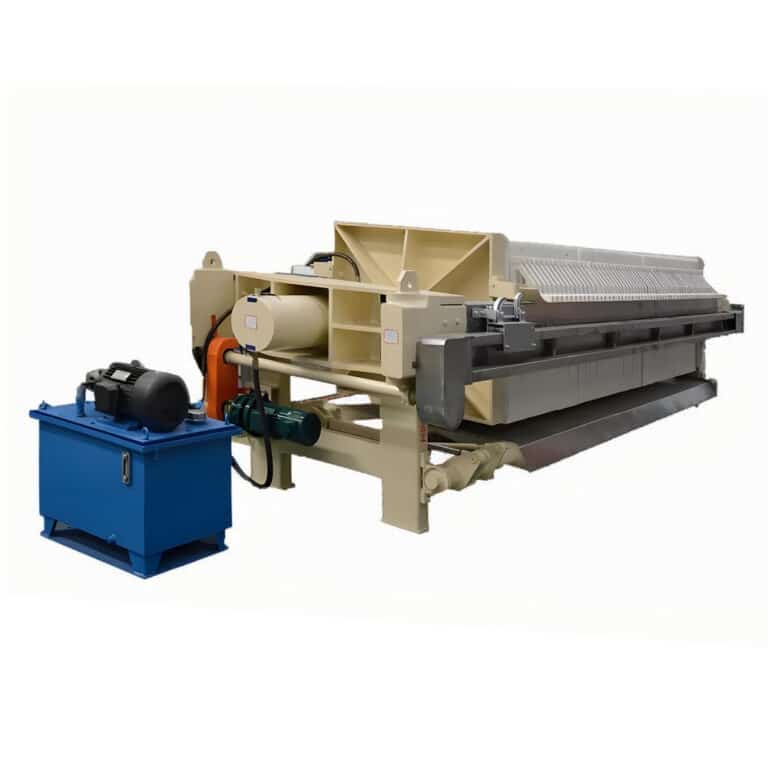Water treatment dosing systems play a crucial role in maintaining water quality across various industries and applications. As we approach 2025, the demand for efficient and reliable dosing systems continues to grow, driven by increasing environmental regulations and the need for precise chemical management in water treatment processes. This article explores the top water treatment dosing system suppliers projected to lead the market in 2025, highlighting their innovative solutions and contributions to the industry.
The landscape of water treatment dosing system suppliers is evolving rapidly, with key players focusing on technological advancements, sustainability, and customization to meet diverse customer needs. From smart dosing pumps to integrated chemical management systems, these suppliers are at the forefront of developing solutions that enhance water treatment efficiency, reduce operational costs, and minimize environmental impact.
As we delve into the world of water treatment dosing systems, we'll examine the factors that set top suppliers apart, including their product offerings, technological innovations, global presence, and commitment to sustainability. We'll also explore emerging trends in the industry and how these suppliers are positioning themselves to meet future challenges in water treatment.
The global water treatment chemicals market, which includes dosing systems, is expected to reach $56.57 billion by 2030, growing at a CAGR of 3.2% from 2022 to 2030. This growth is largely driven by increasing industrialization, urbanization, and stringent water quality regulations worldwide.
What Makes a Top Water Treatment Dosing System Supplier?
When considering the best water treatment dosing system suppliers, several key factors come into play. Top suppliers in this field are distinguished by their commitment to innovation, product reliability, and comprehensive support services.
These industry leaders offer a wide range of dosing systems that cater to various applications, from municipal water treatment to industrial processes. Their products are known for precision, durability, and adaptability to different chemical compositions and treatment requirements.
Moreover, top suppliers invest heavily in research and development, continuously improving their technologies to meet evolving industry standards and customer needs. They often provide smart dosing solutions that incorporate advanced control systems, remote monitoring capabilities, and predictive maintenance features.
According to industry reports, the most successful water treatment dosing system suppliers allocate an average of 5-7% of their annual revenue to research and development, significantly higher than the industry average of 3%.
| Characteristic | Description |
|---|---|
| Product Range | Wide variety of dosing systems for different applications |
| Innovation | Continuous investment in R&D for product improvement |
| Support Services | Comprehensive customer support and technical assistance |
| Global Presence | Strong international network and localized support |
| Sustainability | Focus on energy-efficient and environmentally friendly solutions |
In conclusion, top water treatment dosing system suppliers are characterized by their innovative products, comprehensive support, and commitment to sustainability. These factors will continue to be crucial as we move towards 2025 and beyond.
How Are Smart Dosing Technologies Shaping the Industry?
Smart dosing technologies are revolutionizing the water treatment industry, offering unprecedented levels of precision, efficiency, and control. Leading suppliers are incorporating these advanced technologies into their dosing systems, setting new standards for performance and reliability.
These intelligent systems utilize sensors, data analytics, and automation to optimize chemical dosing in real-time. They can adjust dosing rates based on fluctuations in water quality, flow rates, and other critical parameters, ensuring consistent treatment results while minimizing chemical waste.
Furthermore, smart dosing technologies enable remote monitoring and control, allowing operators to manage multiple systems from a centralized location. This not only improves operational efficiency but also enhances safety by reducing the need for on-site interventions.
A study by Water Technology magazine found that smart dosing systems can reduce chemical consumption by up to 30% compared to traditional systems, leading to significant cost savings and environmental benefits.
| Feature | Benefit |
|---|---|
| Real-time Monitoring | Immediate response to water quality changes |
| Predictive Maintenance | Reduced downtime and maintenance costs |
| Data Analytics | Improved decision-making and process optimization |
| Remote Control | Enhanced operational flexibility and efficiency |
| Integration Capabilities | Seamless incorporation into existing water treatment systems |
In conclusion, smart dosing technologies are transforming the water treatment industry by offering enhanced precision, efficiency, and control. As we approach 2025, suppliers who excel in integrating these technologies into their dosing systems will likely lead the market.
What Role Does Sustainability Play in Supplier Selection?
Sustainability has become a cornerstone of the water treatment industry, and top dosing system suppliers are increasingly focusing on environmentally friendly solutions. This shift is driven by growing environmental concerns, stricter regulations, and a rising demand for sustainable practices from end-users.
Leading suppliers are developing dosing systems that not only minimize chemical usage but also reduce energy consumption and waste generation. These eco-friendly systems often incorporate features such as energy-efficient pumps, recyclable components, and optimized dosing algorithms that ensure maximum treatment efficacy with minimal environmental impact.
Moreover, sustainability-focused suppliers are exploring alternative treatment methods and chemical formulations that are less harmful to the environment. This includes the development of bio-based chemicals and dosing systems designed for use with these greener alternatives.
According to a report by Environmental Technology, companies that prioritize sustainability in their water treatment processes see an average reduction of 15-20% in their overall environmental footprint.
| Sustainability Aspect | Implementation |
|---|---|
| Energy Efficiency | Use of variable speed drives and high-efficiency motors |
| Chemical Reduction | Precision dosing and alternative treatment methods |
| Waste Minimization | Recyclable components and optimized maintenance schedules |
| Water Conservation | Systems designed to minimize water waste during treatment |
| Green Chemistry | Development and use of environmentally friendly chemicals |
In conclusion, sustainability plays a crucial role in the selection of water treatment dosing system suppliers. As environmental concerns continue to grow, suppliers who prioritize and innovate in sustainability will likely see increased market share and customer loyalty.
How Are Suppliers Addressing Customization Needs?
Customization has become a key differentiator among water treatment dosing system suppliers. As water treatment needs vary significantly across industries and geographic locations, top suppliers are focusing on providing tailored solutions to meet specific customer requirements.
These suppliers offer modular dosing systems that can be easily configured to suit different treatment processes, chemical types, and flow rates. They work closely with customers to understand their unique challenges and design bespoke solutions that optimize performance while minimizing costs.
Additionally, leading suppliers are leveraging advanced manufacturing technologies, such as 3D printing and computer-aided design, to produce custom components quickly and cost-effectively. This allows for greater flexibility in system design and faster turnaround times for specialized equipment.
Industry analysts report that suppliers offering highly customizable dosing systems have seen a 25% increase in market share over the past five years, indicating a strong customer preference for tailored solutions.
| Customization Aspect | Benefit |
|---|---|
| Modular Design | Easy adaptation to changing treatment needs |
| Tailored Chemical Compatibility | Optimized performance with specific chemical formulations |
| Scalable Solutions | Ability to grow with customer needs |
| Industry-Specific Features | Addressing unique challenges in different sectors |
| Integration Flexibility | Seamless incorporation into existing infrastructure |
In conclusion, the ability to provide customized solutions is becoming increasingly important for water treatment dosing system suppliers. Those who excel in offering flexible, tailored systems are likely to gain a competitive edge in the market.
What Innovations Are Driving the Future of Dosing Systems?
Innovation is at the heart of the water treatment dosing system industry, with suppliers constantly pushing the boundaries of technology to improve system performance, efficiency, and user experience. As we look towards 2025, several key innovations are shaping the future of dosing systems.
One of the most significant trends is the integration of artificial intelligence (AI) and machine learning algorithms into dosing control systems. These advanced technologies enable predictive dosing, where systems can anticipate changes in water quality and adjust dosing rates proactively, rather than reactively.
Another area of innovation is in materials science, with suppliers developing new pump and valve materials that offer greater chemical resistance and longevity. This not only improves system reliability but also reduces maintenance requirements and extends equipment life cycles.
A recent industry survey revealed that 78% of water treatment professionals believe AI and machine learning will significantly impact dosing system efficiency and accuracy by 2025.
| Innovation | Impact |
|---|---|
| AI and Machine Learning | Predictive dosing and enhanced system optimization |
| Advanced Materials | Improved chemical resistance and equipment longevity |
| IoT Integration | Enhanced connectivity and real-time monitoring capabilities |
| Nanotechnology | More precise chemical delivery and improved treatment efficacy |
| Virtual Reality Training | Enhanced operator training and maintenance support |
In conclusion, ongoing innovations in AI, materials science, and connectivity are driving the evolution of water treatment dosing systems. Suppliers at the forefront of these technological advancements are well-positioned to lead the market in 2025 and beyond.
How Are Global Market Trends Influencing Supplier Strategies?
Global market trends are significantly shaping the strategies of water treatment dosing system suppliers as they prepare for 2025 and beyond. These trends include increasing urbanization, growing industrial water demand, and stricter environmental regulations worldwide.
Leading suppliers are expanding their global presence to capitalize on emerging markets, particularly in Asia-Pacific and Latin America, where rapid industrialization and urban development are driving demand for advanced water treatment solutions. They are also adapting their products to meet regional water quality challenges and regulatory requirements.
Furthermore, the trend towards circular economy principles is influencing supplier strategies, with many focusing on developing dosing systems that support water reuse and recycling initiatives. This aligns with the growing emphasis on water conservation in water-stressed regions.
According to Global Water Intelligence, the Asia-Pacific region is expected to account for over 40% of the global water treatment chemicals market by 2025, highlighting the importance of strategic market expansion for suppliers.
| Market Trend | Strategic Response |
|---|---|
| Urbanization | Development of compact, high-capacity dosing systems |
| Industrial Growth | Customized solutions for diverse industrial applications |
| Environmental Regulations | Focus on eco-friendly and compliance-ready systems |
| Water Scarcity | Dosing systems optimized for water reuse and recycling |
| Digital Transformation | Investment in smart, connected dosing technologies |
In conclusion, global market trends are driving water treatment dosing system suppliers to adopt more flexible, sustainable, and technologically advanced strategies. Those who successfully navigate these trends will be well-positioned to capture market share in 2025 and beyond.
What Should Customers Look for When Choosing a Dosing System Supplier?
When selecting a water treatment dosing system supplier, customers should consider several key factors to ensure they choose a partner that can meet their current needs and support future growth. This decision is crucial for maintaining efficient and effective water treatment processes.
Firstly, customers should evaluate the supplier's product range and customization capabilities. A top supplier should offer a diverse portfolio of dosing systems that can be tailored to specific applications and treatment requirements. This includes the ability to handle various chemicals and adapt to different flow rates and water quality parameters.
Secondly, the supplier's technological capabilities and commitment to innovation are important considerations. Look for suppliers who invest in research and development and offer advanced features such as smart dosing, remote monitoring, and predictive maintenance.
Industry experts recommend that customers prioritize suppliers who can demonstrate a track record of innovation, with at least 3-5 new product or feature releases in the past two years.
| Selection Criteria | Importance |
|---|---|
| Product Range | Ensures availability of suitable solutions |
| Customization Capabilities | Allows for tailored systems to meet specific needs |
| Technological Innovation | Provides access to cutting-edge features and efficiency |
| After-Sales Support | Ensures long-term system reliability and performance |
| Sustainability Focus | Aligns with environmental goals and regulations |
In conclusion, customers should carefully evaluate potential suppliers based on their product range, customization capabilities, technological innovation, after-sales support, and commitment to sustainability. By considering these factors, customers can select a supplier that will support their water treatment needs well into the future.
Conclusion
As we look towards 2025, the landscape of water treatment dosing system suppliers is set to be shaped by technological innovation, sustainability, and the ability to meet diverse global needs. Top suppliers in this field will be those who can offer smart, customizable, and environmentally friendly solutions that address the complex challenges of water treatment across various industries and regions.
The integration of advanced technologies such as AI, IoT, and smart sensors will continue to drive improvements in dosing accuracy, efficiency, and system management. Sustainability will remain a key focus, with suppliers developing solutions that minimize chemical usage, reduce energy consumption, and support water conservation efforts.
Customization capabilities will be crucial, as suppliers strive to meet the unique needs of different industries and geographic locations. Those who can offer flexible, modular systems that can be easily adapted to changing requirements will likely see increased market success.
Global market trends, including urbanization and industrial growth in emerging economies, will influence supplier strategies and drive expansion into new markets. Suppliers who can navigate these trends while maintaining a commitment to innovation and sustainability will be well-positioned to lead the market.
For customers, selecting the right dosing system supplier will involve careful consideration of factors such as product range, technological capabilities, customization options, and after-sales support. By choosing a supplier that excels in these areas, customers can ensure they have a reliable partner for their water treatment needs in 2025 and beyond.
As the water treatment industry continues to evolve, PORVOO remains committed to providing cutting-edge dosing solutions that meet the changing needs of our customers. Our focus on innovation, sustainability, and customer-centric design positions us as a leading choice for those seeking reliable and efficient water treatment dosing systems.
In conclusion, the future of water treatment dosing systems is bright, with exciting developments on the horizon. As we move towards 2025, the industry will continue to play a crucial role in ensuring clean, safe water for communities and industries worldwide.
External Resources
Top 10 Global Manufacturers and Suppliers of Dosing Pumps – This article lists and describes top global manufacturers and suppliers of dosing pumps, including Grundfos, Watson-Marlow, and ProMinent, highlighting their innovative solutions for water treatment, chemical processing, and other industries.
Chemical Dosing Systems for Residential, Commercial & Industrial Applications – This resource provides information on chemical dosing systems from Duff Co., including customized systems from leading manufacturers like Grundfos, and details on their application in various industries.
Chemical Dosing Systems CDS – Pure Aqua, Inc. – Pure Aqua's chemical dosing systems are highlighted here, with details on their reliability, durability, and the variety of chemicals they can handle, along with specifications and features of their systems.
Chemical Dosing systems for Wastewater treatment – Alumichem – Alumichem's dosing systems for wastewater treatment are discussed, including their collaboration with Polymore AB and PolyBlend, and the range of systems they offer for liquid polymers and powder-dosing.
Grundfos SMART Dosing Pumps – This section of the Duff Co. website focuses on Grundfos SMART Dosing Pumps, detailing their precision, cost-effectiveness, and advanced features such as variable speed stepper motors.
ProMinent Group – Precision Dosing Pumps and Water Treatment Systems – ProMinent Group is featured here as a global leader in precision dosing pumps and water treatment systems, offering a range of technologies including diaphragm, plunger, and peristaltic pumps.
Neptune Chemical Pump Company – Metering Pumps and Chemical Feed Systems – Neptune Chemical Pump Company is highlighted for its reliable and high-quality metering pumps and chemical feed systems, catering to various industrial applications.
Seko – Chemical Dosing Pumps and Metering Systems – Seko is discussed as a renowned manufacturer of chemical dosing pumps and metering systems, offering a range of pumps and complete metering systems for precise and automated chemical dosing.
